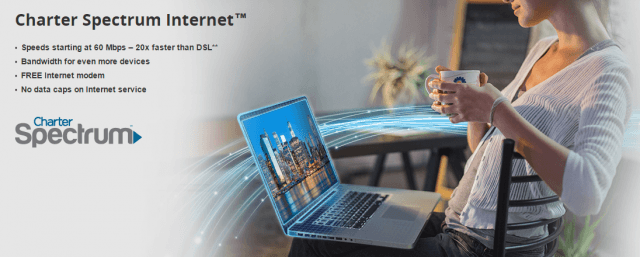 The Federal Communications Commission’s Net Neutrality rules took full effect Friday, after a three-judge panel of the U.S. Court of Appeals for the D.C. Circuit denied petitions for a temporary stay of the rules made in separate lawsuits by AT&T and other telecom industry opponents.
The Federal Communications Commission’s Net Neutrality rules took full effect Friday, after a three-judge panel of the U.S. Court of Appeals for the D.C. Circuit denied petitions for a temporary stay of the rules made in separate lawsuits by AT&T and other telecom industry opponents.
“This is a huge victory for Internet consumers and innovators!,” FCC Chairman Thomas Wheeler exclaimed in a written statement. “There will be a referee on the field to keep the Internet fast, fair and open. Blocking, throttling, pay-for-priority fast lanes and other efforts to come between consumers and the Internet are now things of the past. The rules also give broadband providers the certainty and economic incentive to build fast and competitive broadband networks.”
The Net Neutrality rules govern both wired and wireless Internet services, and most observers predict the biggest impact will be felt by wireless customers. Wireless providers have experimented with speed throttling, priority access, data caps, and so-called “sponsored data” exempt from usage caps or usage billing. Some of these practices are now illegal under Net Neutrality rules and others are subject to increased scrutiny by the FCC.
Providers generally have not opposed rules blocking online censorship, paid prioritization, and selective speed throttling, but they are vehemently against the FCC’s catch-all “Internet general conduct rule,” that effectively allows the agency to oversee issues like interconnection agreements that connect content producers with each ISP, data caps/usage billing, and issues like zero-rating — providing an exemption from an ISP’s usage allowance for preferred content partners.
Providers argue the FCC could block innovative pricing and usage-based billing they argue customers would like to have.
Other industry groups claim Net Neutrality will lead to a significant decline in investments towards broadband upgrades and expansion. But Charter Communications CEO Thomas Rutledge, now in the middle of a multi-billion dollar merger deal with Time Warner Cable and Bright House Networks, disagreed, noting it will have no effect on Charter’s investment plans for its own cable systems or those it may acquire.
“The big news today is that there is no news,” said Timothy Karr, senior director of strategy for Free Press. “With Net Neutrality protections in place, there are no dramatic changes to the way the Internet works. Internet users are logging onto a network that’s open, as they’ve long expected it to be.”


 Subscribe
Subscribe It’s an acute case of broadband envy.
It’s an acute case of broadband envy.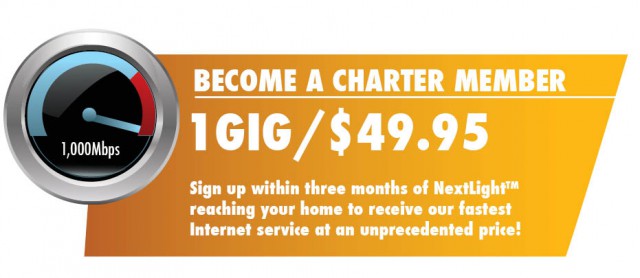 NextLight delivers a mortal blow to competitors by charging a fair price for fast service. Instead of spending to upgrade their networks to compete, the incumbents
NextLight delivers a mortal blow to competitors by charging a fair price for fast service. Instead of spending to upgrade their networks to compete, the incumbents 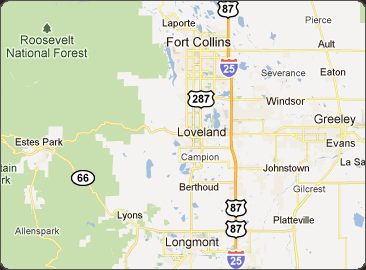
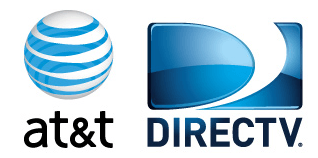 While consumer groups were busy fighting the Comcast-Time Warner Cable merger, AT&T’s $49 billion purchase of DirecTV has largely flown under the radar, with no comparable organized consumer opposition to the deal. But that does not mean the FCC will approve it as-is.
While consumer groups were busy fighting the Comcast-Time Warner Cable merger, AT&T’s $49 billion purchase of DirecTV has largely flown under the radar, with no comparable organized consumer opposition to the deal. But that does not mean the FCC will approve it as-is.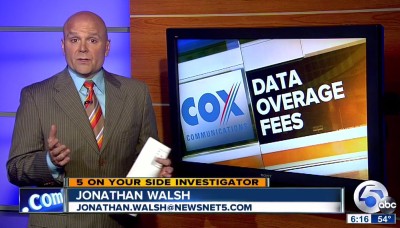 This weekend will end the first phase of our campaign to fight Cox usage caps being tested in Cleveland, Ohio. We’re collecting the names and e-mail addresses of interested citizens that would like to participate in the fight to get Cox to drop its usage-based billing and overlimit fee scheme. If you are interested, use the link at the top to “Contact Us” as a volunteer and include your name and a valid email address.
This weekend will end the first phase of our campaign to fight Cox usage caps being tested in Cleveland, Ohio. We’re collecting the names and e-mail addresses of interested citizens that would like to participate in the fight to get Cox to drop its usage-based billing and overlimit fee scheme. If you are interested, use the link at the top to “Contact Us” as a volunteer and include your name and a valid email address.